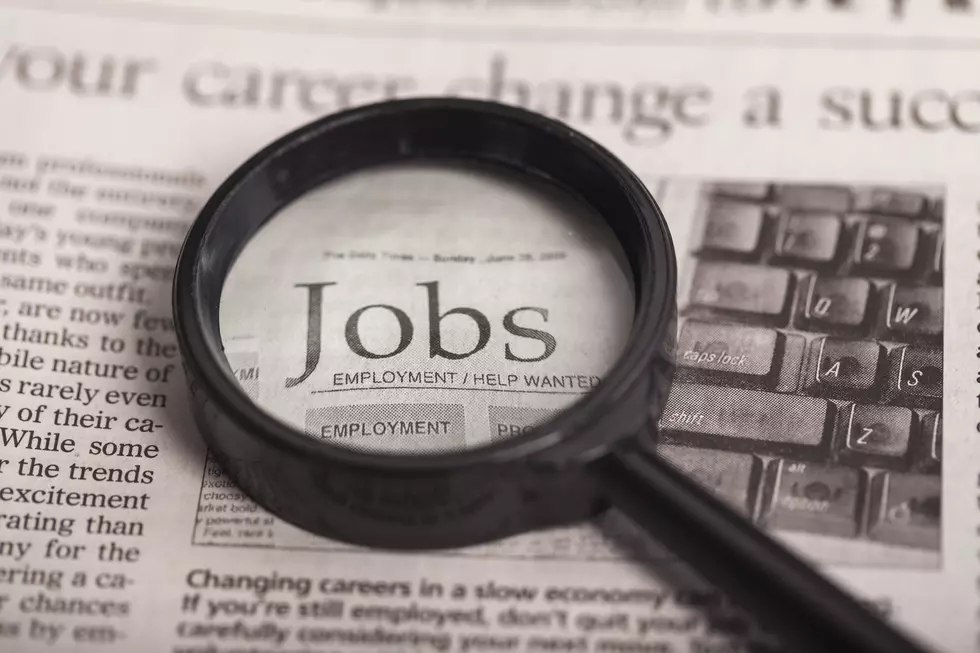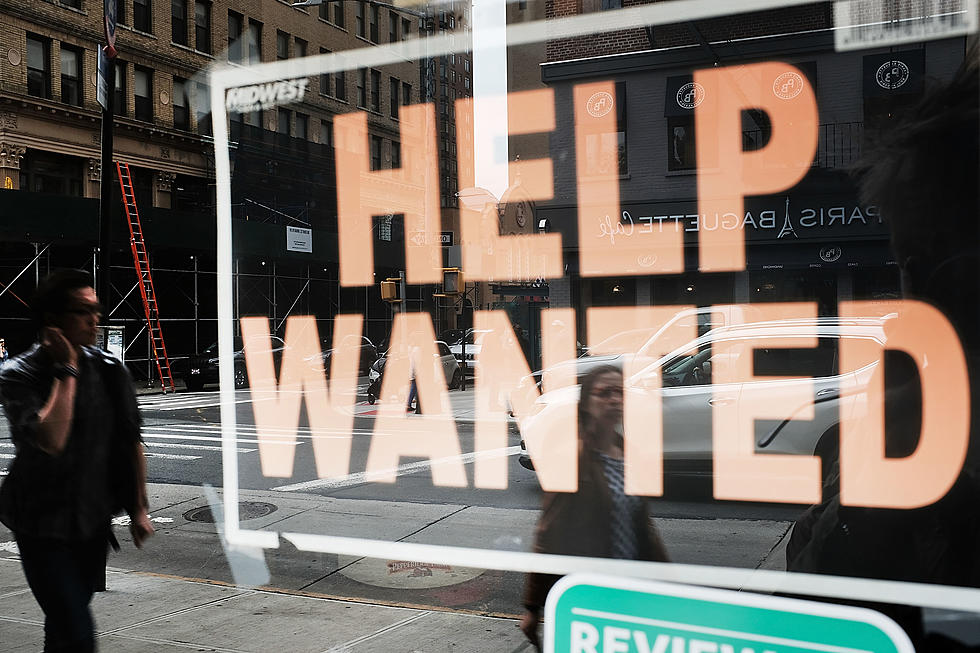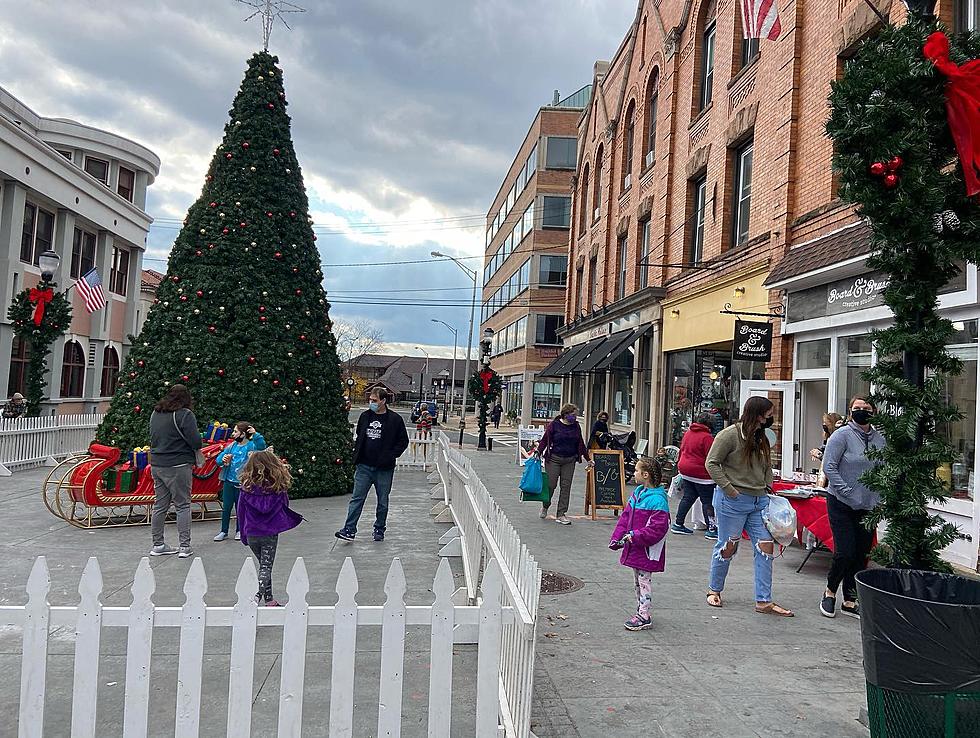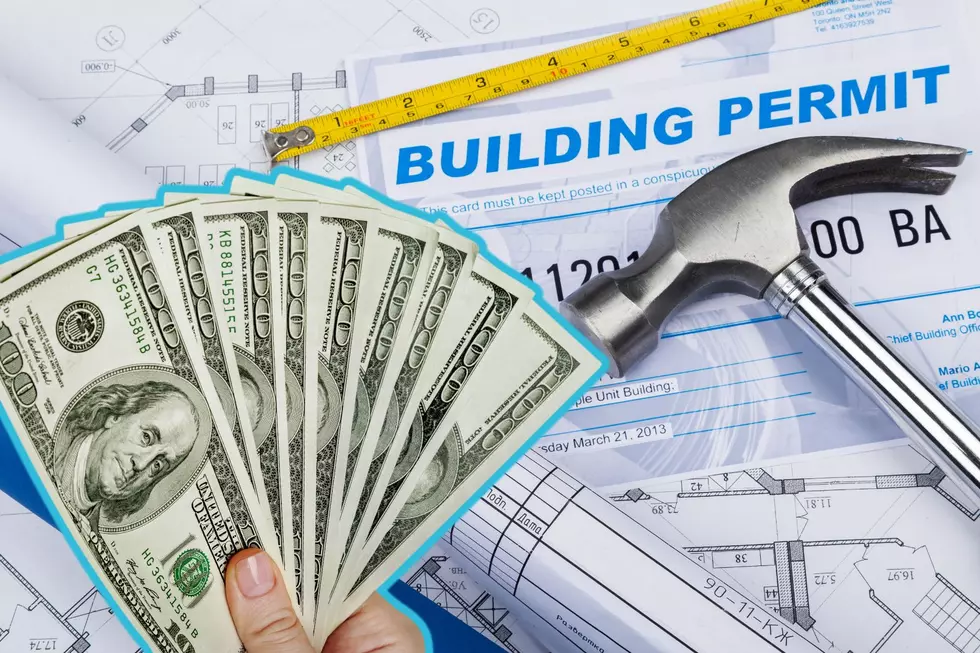
How can New Jersey attract more jobs?
New Jersey's unemployment rate may be down, but finding a job is still tough in the Garden State. Only 29,000 jobs were added in 2014, according to the state Department of Labor and Workforce Development, and the job market grew only 0.7 percent compared to a 2.1 percent gain for the rest of the nation.
Several factors have contributed to the slowing of the state's once-great job creation machine, according to James Hughes, dean of the Edward J. Bloustein School of Planning and Public Policy at Rutgers University. One is that the business tax climate and costs of doing business in New Jersey have gotten out of hand.
"While most economists don't believe in incentive programs, New Jersey has to provide them because our cost structures are so high," Hughes said. "Those programs have recently been changed, and most of the positive job growth news that we've heard about recently has taken advantage of those programs. But we are a very difficult place to do business because our costs are so high, and that has to be attacked first."
The telecom and pharmaceutical industries used to be responsible for providing secure, high-paying jobs in New Jersey, but that is no longer the case. Many pharmaceutical companies are consolidating, and technology is replacing many other jobs.
New Jersey saw tremendous job growth in the 1980s and 1990s, but that was based on suburban offices. While the state has one of the most potent suburban office markets in the country, what was once fashionable no longer is.
"Most young millennials don't want to work in suburban offices, perched on the edge of a highway or stuck in the middle of a campus," Hughes said. "They want to be in 24/7 activity environments like Jersey City and Hoboken, so what was once our core advantage in the '80s and '90s is our greatest weakness today."
Hughes said the state has to reinvent its suburban office supply, it has to repurpose obsolete office buildings and reinvent suburban campuses to make them functional to live, work and play.
"Young people want walkable environments," he said. "They are far less automobile-centric. The state needs to develop a new strategy. In many cases, there was no distinct strategy."
More From New Jersey 101.5 FM









